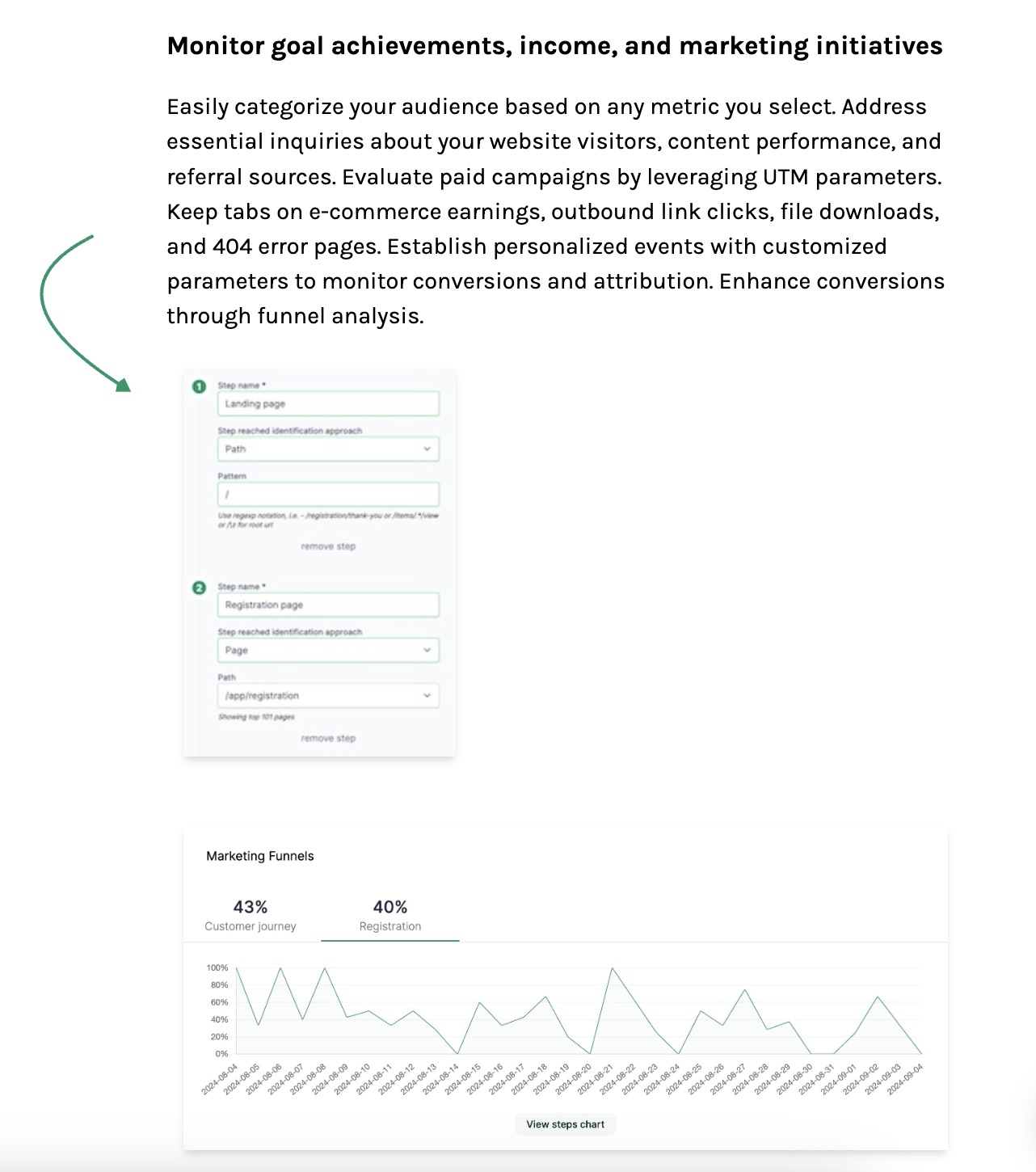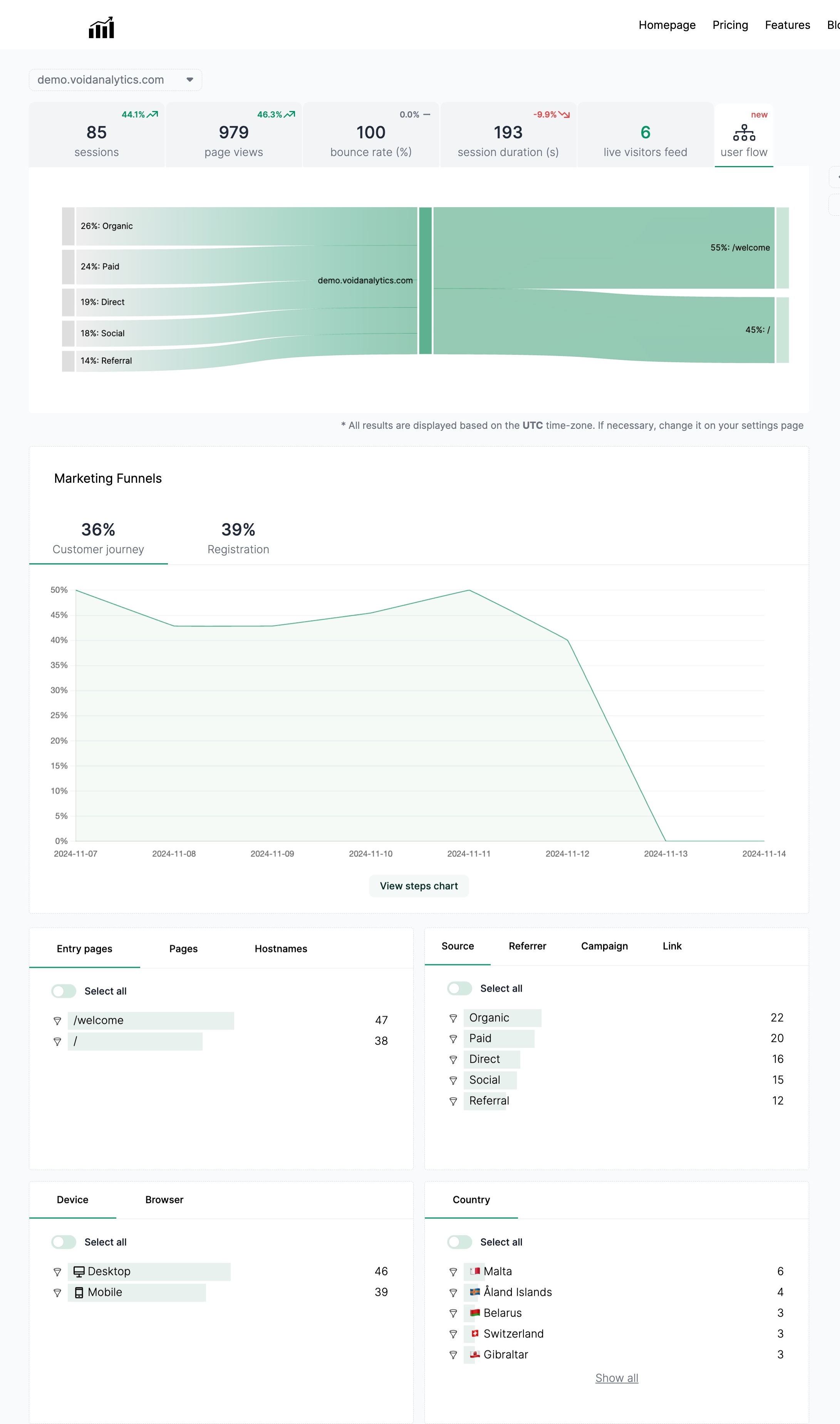Key Difference between Google Analytics 4 Properties and Universal Analytics Properties
Published on 2024-03-08
Google Analytics has recently introduced a new type of property called Google Analytics 4 (GA4) properties, which offer a more advanced and comprehensive approach to tracking and analyzing user data compared to Universal Analytics properties. While both types of properties serve the same purpose of tracking user interactions and behavior on websites, there are some key differences between them that set GA4 properties apart.
Data Collection
One of the main differences between GA4 properties and Universal Analytics properties is the way they collect and process data. GA4 properties use an event-based data model, which allows for more flexibility and granularity in tracking user interactions. This means that you can track specific actions taken by users on your website, such as button clicks, form submissions, and video views, with more precision.
On the other hand, Universal Analytics properties use a session-based data model, which groups user interactions into sessions based on a set time period or specific actions. While this model is effective for tracking overall user behavior on a website, it may not provide the same level of detail and insight as the event-based model used by GA4 properties.
Reporting and Analysis
Another key difference between GA4 properties and Universal Analytics properties is the reporting and analysis capabilities they offer. GA4 properties provide more advanced machine learning and AI-powered insights, such as predictive metrics, churn probability, and user lifetime value, which can help you better understand and optimize the user journey on your website.
Universal Analytics properties, on the other hand, offer more traditional reporting and analysis features, such as standard reports, custom reports, and goal tracking. While these features are still valuable for tracking and analyzing user behavior, they may not provide the same level of advanced insights and predictive capabilities as GA4 properties.
Void Analytics as a Replacement for Google Analytics
If you're looking for a comprehensive analytics solution that offers advanced tracking, reporting, and analysis capabilities, Void Analytics is a great alternative to Google Analytics. Void Analytics provides a wide range of features, such as real-time analytics, user segmentation, funnel analysis, heatmaps, and more, to help you gain deeper insights into user behavior on your website.
With Void Analytics, you can track and analyze user interactions with precision, identify key trends and patterns in user behavior, and optimize your website for better performance and conversions. Plus, Void Analytics offers a user-friendly interface and customizable dashboards, making it easy to visualize and interpret your data.
In conclusion, while Google Analytics 4 properties and Universal Analytics properties serve similar purposes, there are key differences between them in terms of data collection, reporting, and analysis capabilities. If you're looking for a more advanced analytics solution, consider using Void Analytics as a replacement for Google Analytics to gain deeper insights into user behavior and optimize your website for success.

